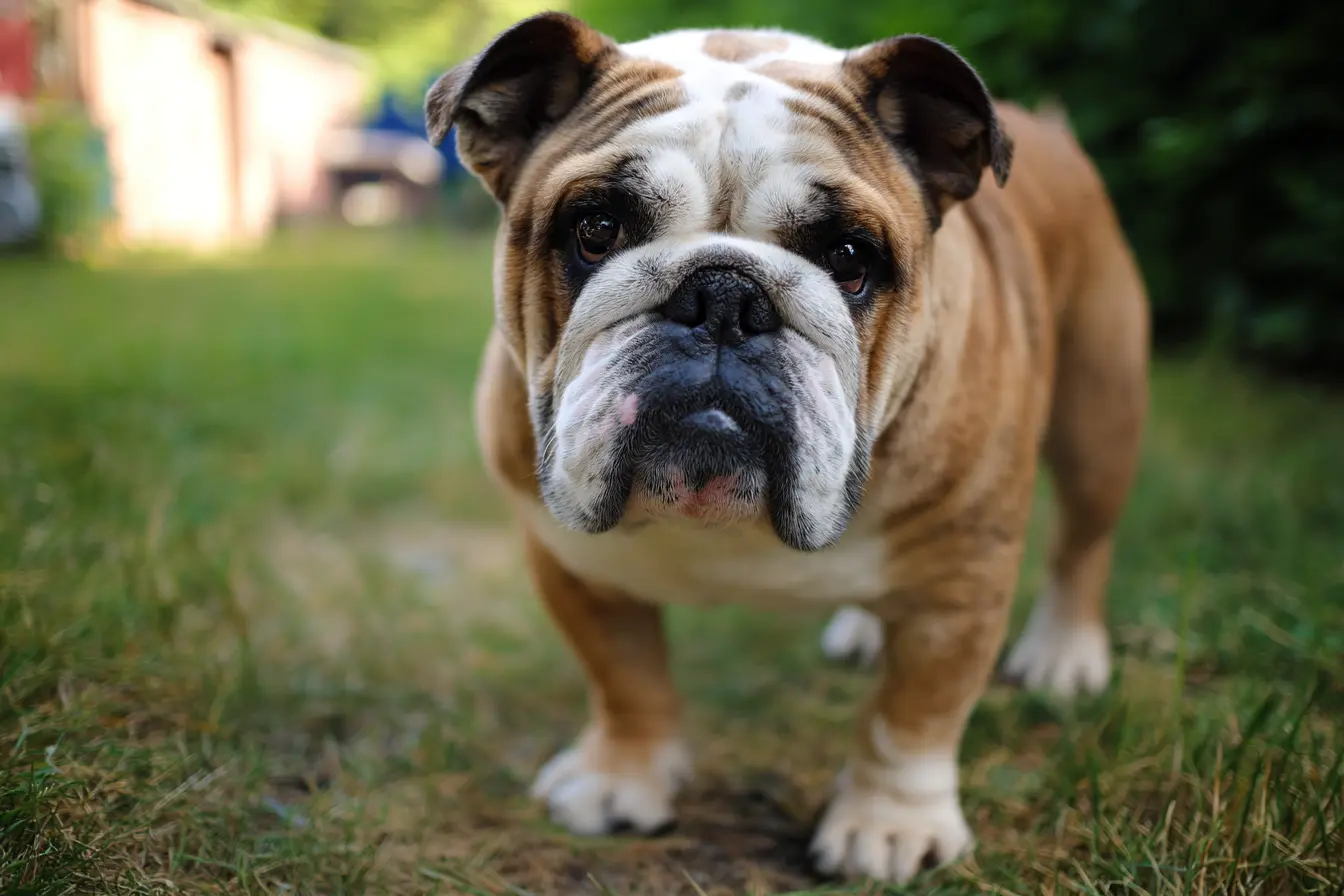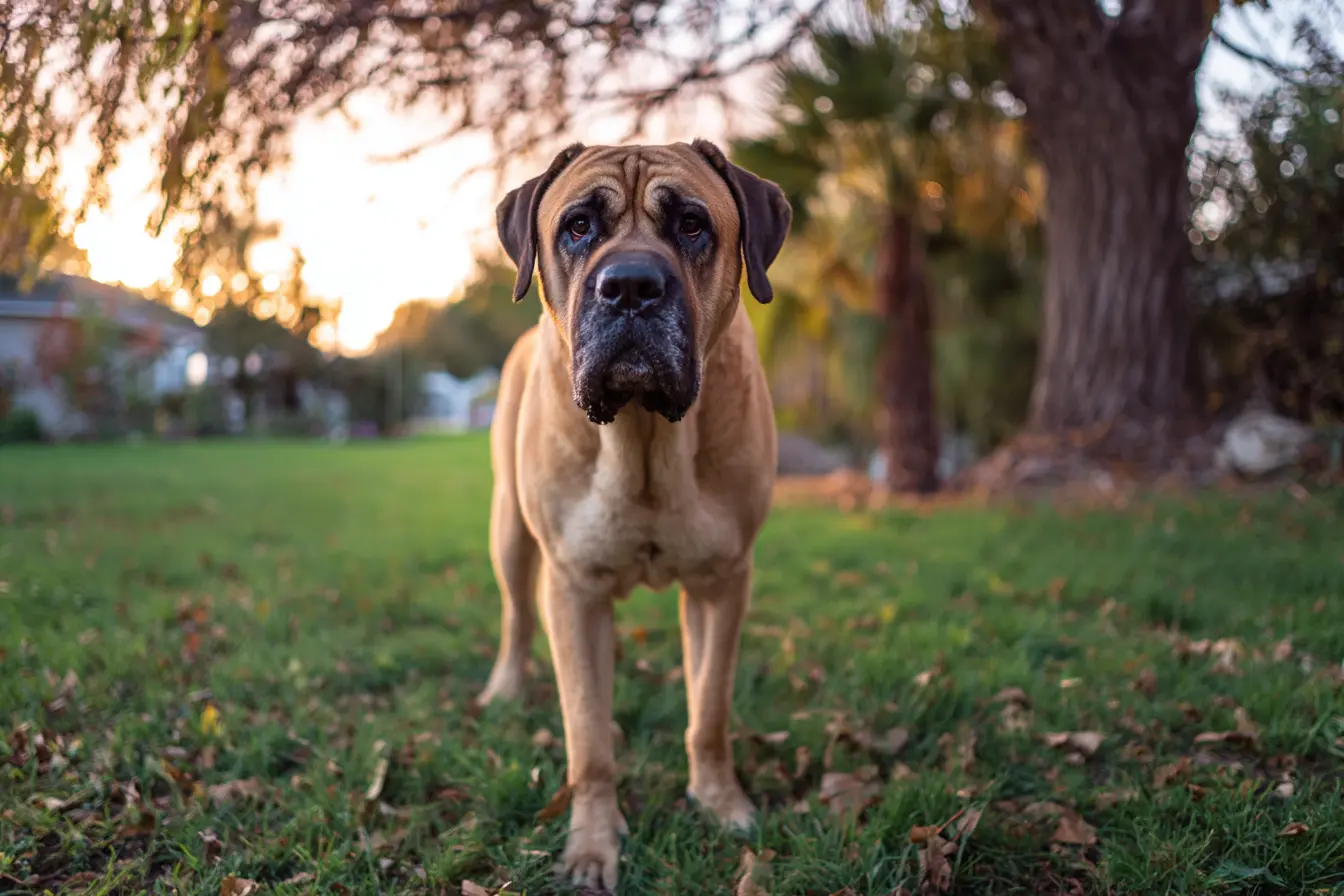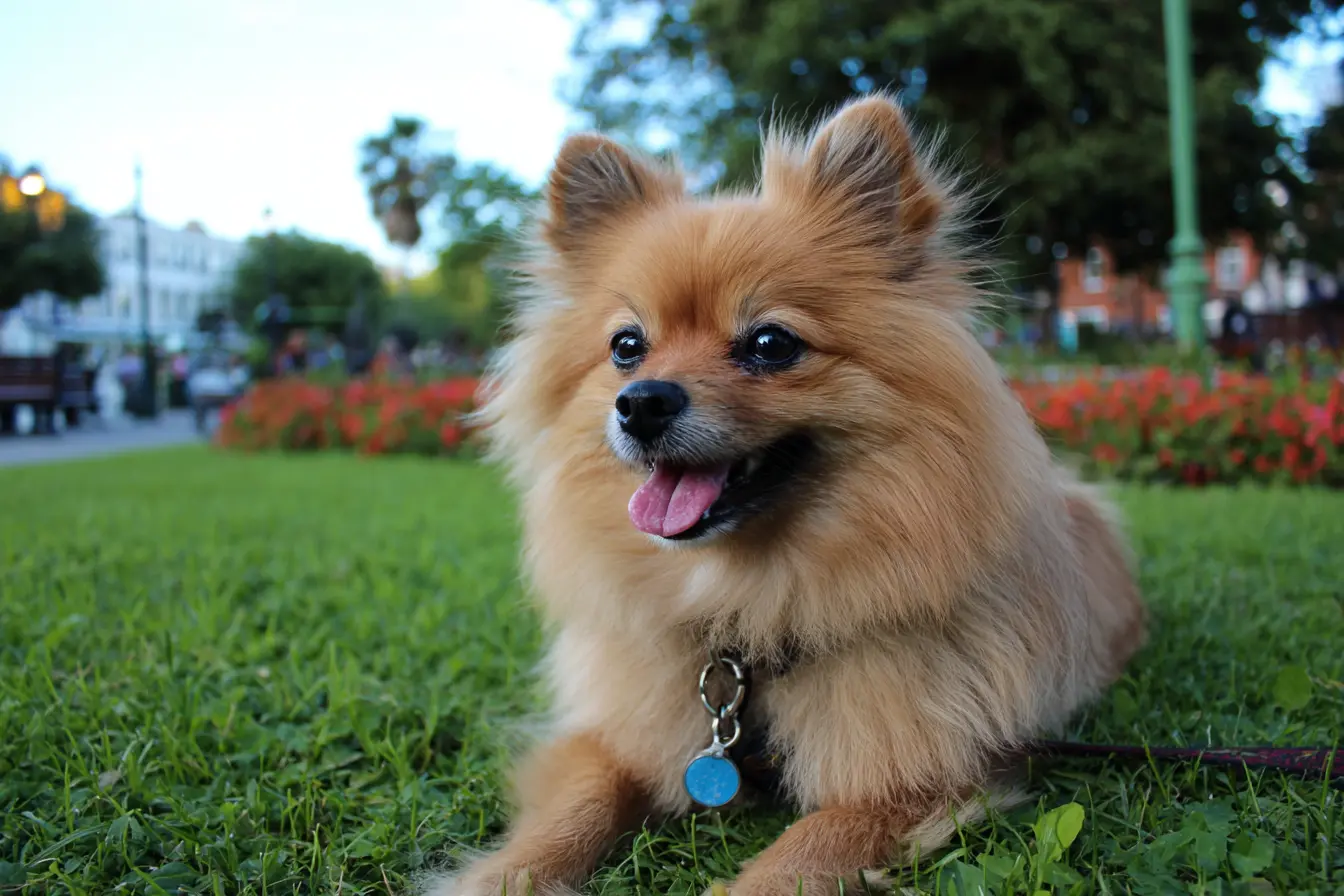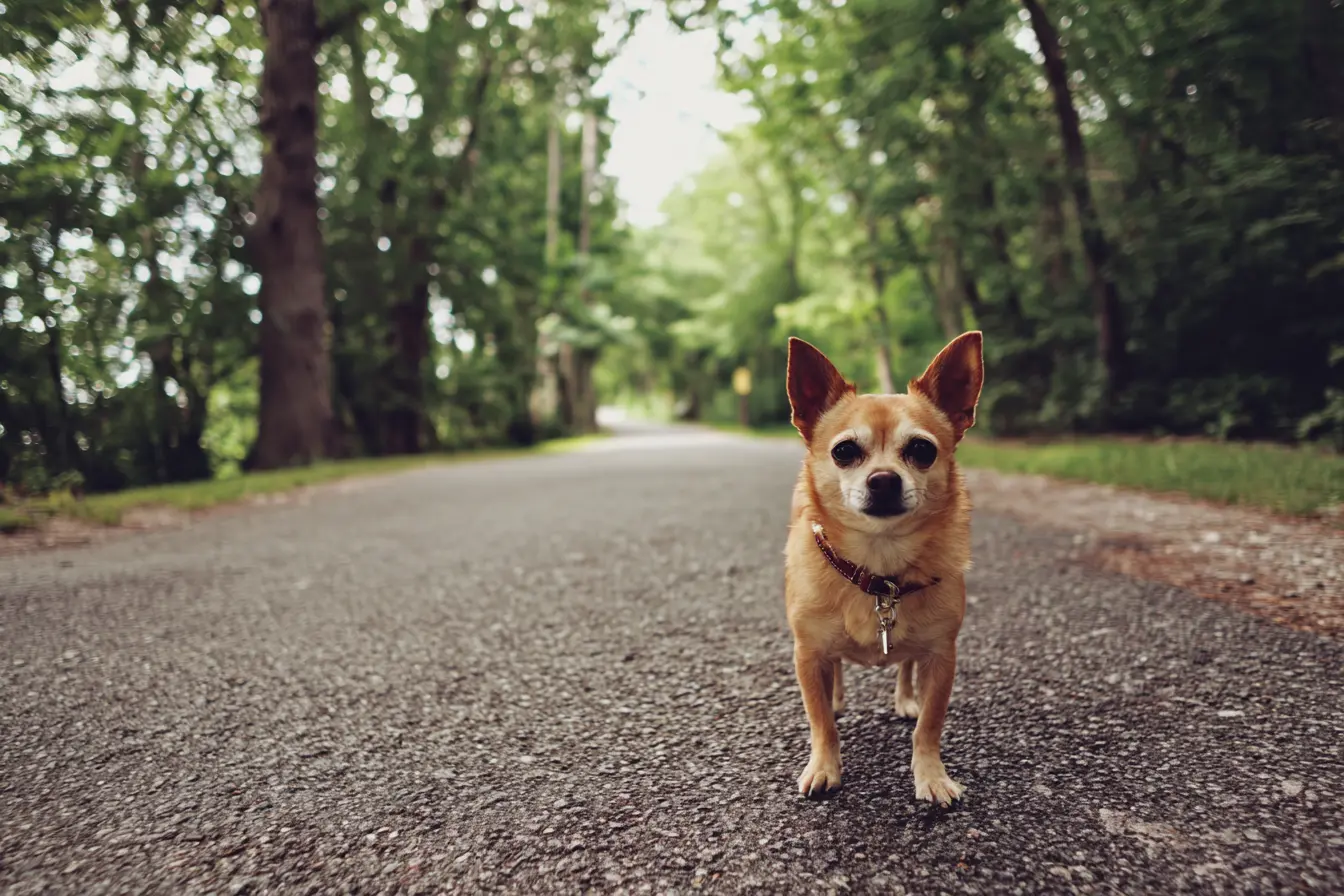
The Bulldog: A Gentle and Loyal British Icon
The Bulldog, also known as the English Bulldog, is one of the most iconic and recognisable dog breeds in the world. With its muscular build, wrinkled face, and distinctive rolling gait, the Bulldog carries a rich history and a personality full of warmth and charm. Once bred for bull-baiting, this tough-looking breed has evolved into a gentle, affectionate companion known for its devotion and easygoing nature. If you're considering welcoming a Bulldog into your home, understanding their needs, temperament, and care is key. This guide provides a comprehensive overview of this truly British breed.
Breed Overview
The Bulldog belongs to the Utility Group and is a symbol of British determination and resilience. Today, the breed is loved for its gentle temperament, low-maintenance exercise needs, and strong bond with its family.
Physical Characteristics
- Size: Bulldogs are medium-sized but compact and muscular, typically standing 31–40 cm at the shoulder and weighing between 18 to 25 kg.
- Coat and Colour: They have a smooth, short coat that comes in a range of colours including brindle, fawn, red, white, piebald, or a combination of these.
- Lifespan: The average lifespan of a Bulldog is around 8–10 years, although with proper care, some may live longer.
Personality and Temperament
Despite their tough exterior, Bulldogs are known for their sweet, calm, and affectionate nature. They are deeply loyal to their families and form strong bonds with people of all ages, including children.
Bulldogs are typically easygoing and tolerant, often content to lounge by your side or follow you quietly around the house. They rarely display aggression, and while they can be stubborn, they are usually good-natured and eager to please their owners.
They are not overly energetic, making them ideal for more relaxed households. Their courageous but non-confrontational temperament makes them excellent companions for both individuals and families.
Exercise and Training
Bulldogs are not highly active, but they do need daily exercise to maintain a healthy weight and prevent boredom. A couple of short walks and some gentle play each day are usually sufficient.
Due to their short snouts, Bulldogs can be prone to breathing difficulties, especially in hot or humid weather. Exercise should be moderate, and care should be taken to avoid overheating.
Training should begin early and focus on consistency and positive reinforcement. Bulldogs can be stubborn, so patience and persistence are important. They respond well to food rewards and gentle encouragement.
Early socialisation is essential to ensure they are well-adjusted and comfortable in a variety of settings and with different people and animals.
Health and Care
Bulldogs are prone to several breed-specific health issues, including:
- Brachycephalic Obstructive Airway Syndrome (BOAS): Affects breathing due to their short muzzle.
- Skin Fold Infections: Their facial wrinkles require regular cleaning to prevent irritation and infection.
- Hip Dysplasia: A common joint issue.
- Cherry Eye: A condition where a gland in the eye becomes inflamed.
- Heat Intolerance: Bulldogs are highly susceptible to overheating.
To maintain good health, Bulldogs need regular veterinary check-ups, a healthy diet, and careful monitoring of their weight and breathing. Their wrinkles should be cleaned and dried regularly, and routine care should include nail trimming, ear cleaning, and dental hygiene.
Their short coat is easy to maintain, requiring only occasional brushing to remove loose hairs and keep it looking clean.
Living with a Bulldog
Bulldogs are well-suited to a wide variety of homes, including flats, as long as they receive sufficient attention and care. They do not require large gardens or intense activity, but they do need companionship and thrive when included in daily life.
They are generally quiet dogs who don't bark excessively, making them excellent pets for more urban environments.
Bulldogs get along well with children and other pets when properly introduced, and their gentle disposition makes them a favourite among families and first-time dog owners.
However, due to their physical structure, Bulldogs are not strong swimmers and should never be left unsupervised around water.
Is the Bulldog Right for You?
If you are looking for a calm, affectionate, and low-energy companion who forms deep bonds and enjoys a laid-back lifestyle, the Bulldog could be an excellent choice. They are ideal for owners who can provide a stable home, regular care, and lots of love.
However, those seeking a high-energy, low-maintenance, or particularly long-lived breed may find the Bulldog’s health concerns and care requirements to be a challenge.
Conclusion
The Bulldog is a breed full of charm, character, and quiet strength. With their loyal heart, patient nature, and unmistakable appearance, they bring comfort, humour, and companionship to any household they join. Given the right care, attention, and understanding, a Bulldog will become a devoted and cherished part of the family — a gentle soul wrapped in a tough exterior.
Contents
Tags
Vets near you
Speciality vets
- Aquatics vet specialists
- Birds vet specialists
- Camelids vet specialists
- Cats vet specialists
- Cattle vet specialists
- Deer vet specialists
- Dogs vet specialists
- Equines vet specialists
- Exotic vet specialists
- Goats vet specialists
- Pigs vet specialists
- Poultry vet specialists
- Sheep vet specialists
- Small Mammals vet specialists
- Wild vet specialists
Vet facilities
- Accessible by public transport
- Blood testing
- Car park nearby
- Client car park
- Dentistry
- Diagnostic imaging
- Disabled public access
- Flea and worm treatments
- Microchipping
- Mobile services
- Neutering
- Open at weekends
- Out-of-hours service
- Referral interests
- Referrals only
- Street parking outside
- Toilets available
- Vaccinations



